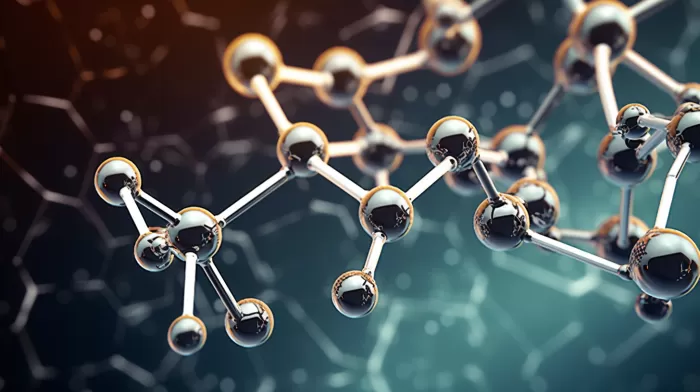Imagine that you are in a severe accident where your head takes a heavy blow. You survive the crash but are inflicted with a traumatic brain injury. While a traumatic brain injury can be devastating or even fatal, there’s a little-known substance that has been shown to increase your likelihood of surviving such an unfortunate event.
The Mysterious THC
Researchers in California stumbled upon this groundbreaking discovery while studying traumatic brain injury victims. They found that people who tested positive for THC (tetrahydrocannabinol), marijuana’s active ingredient, were more likely to survive these violent head injuries than others who tested negative for THC.
In the study 1, the researchers examined the cases of more than 440 patients. Among the individuals who had THC in their systems, only 2.4 percent died, while 11.5 percent of people with no THC present in their bodies did not survive.
It’s worth noting that previous studies 2 conducted by other researchers found certain compounds in cannabis help protect animals’ brains after a trauma. But this was one of the first clinical setting studies to associate THC use as an independent predictor of survival after traumatic brain injury.
The Growing Body of Knowledge on Marijuana
This study is a valuable addition to the mounting evidence of marijuana’s effects on the human body. While most of the deaths in the California research could be attributed to traumatic brain injuries themselves, both the THC-positive and THC-negative groups appeared to have suffered similar injuries.
The similarities in injuries between the two groups led the researchers to conclude that testing positive for THC in the system is associated with decreased mortality in adult patients who have sustained traumatic brain injuries.
With the increasing number of U.S. states legalizing marijuana for medicinal purposes, it’s excellent timing to have such evidence emerging. This study on THC could potentially change the way traumatic brain injuries are treated in the future.
How THC May Protect the Brain
The exact way in which THC helps protect the brain from traumatic injuries is still unclear. However, researchers believe it may have to do with the way THC interacts with the natural endocannabinoid system 3 in our bodies—a system that consists of endocannabinoid receptors and molecules that help regulate essential functions, such as mood, pain, and memory, among others.
When THC enters the body, it binds to the endocannabinoid receptors and mimics the natural endocannabinoids’ behavior that our bodies produce. Some scientists suggest that this interaction may help stabilize the neurons in the brain by activating pathways that protect against inflammation and cell death.
What’s even more fascinating is that the properties of THC can also potentially help protect the brain against Alzheimer’s disease by clearing out the toxic beta-amyloid protein and reducing inflammation in the brain 4.
Aside from THC, other cannabinoids found in marijuana, such as CBD5, have also shown potential in treating an array of medical conditions, from epilepsy and multiple sclerosis to anxiety and depression.
The Future of Cannabis Research
Keeping these recent findings in mind, it’s crucial to continue researching the many benefits cannabis has to offer. As more studies show positive results, it’s essential for policymakers and healthcare professionals to consider implementing cannabis as a treatment alternative.
However, it’s also important to remember that cannabis, like any other medication, should be taken responsibly and cautiously. While some patients may experience significant benefits from medicinal marijuana, others may not see the same results.
In conclusion, the evidence showing THC’s potential health benefits is growing. It appears that THC may help protect the brain from traumatic injuries, increase survival rates among victims, and even potentially aid in the prevention of Alzheimer’s disease. While more research is needed to fully understand how THC works to protect the brain, one thing is clear: the power of this humble plant should not be underestimated.



